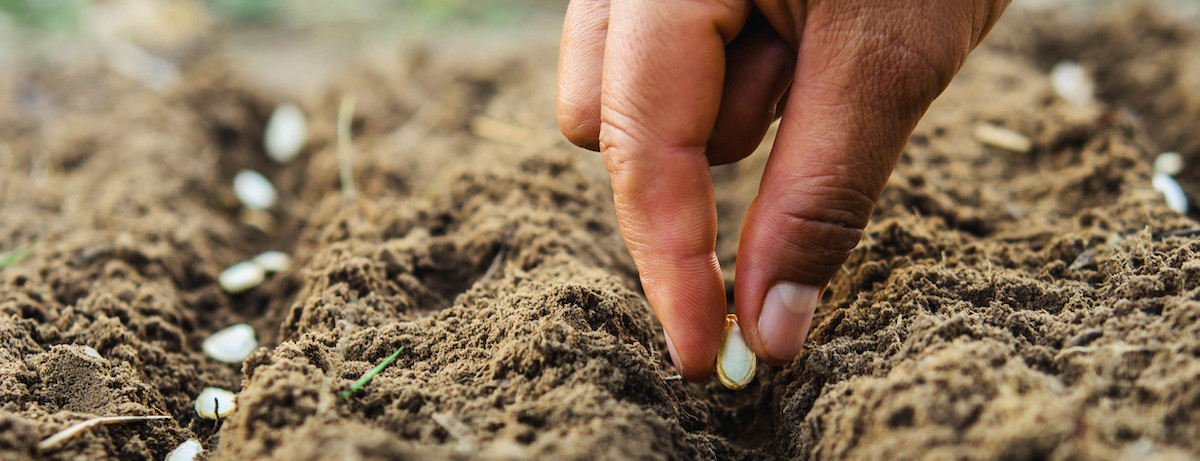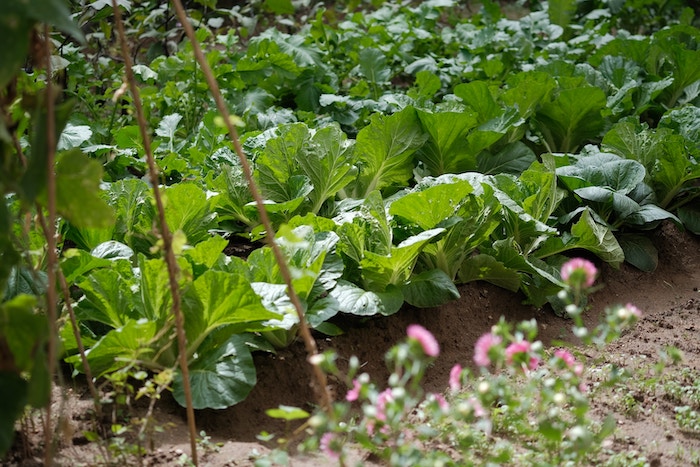GET BACK TO BASICS: Your ultimate guide on how to start your vegetable garden!!
Friends, when the world seems like it’s melting down and there’s nothing but bad news at every turn, it’s time to get back to the basics and remember, life is beautiful. So grow your own food, eat healthy and be happy. ~SGT
by Katie, Airtasker:
 Growing vegetables at home is rewarding on so many levels. You’ll get to savour the taste of garden-fresh veggies all season — and everyone knows the flavour of home-grown tomatoes, carrots, broccoli and other vegetables is so much better than store-bought produce! On top of being able to serve up the tastiest green salads, roasted veggie soups, and pasta primavera on the planet, when you know how to start a vegetable garden, you’ll also save money on your grocery bills. With a home garden, you’ll have an abundance of fresh vegetables and herbs for your kitchen. In fact, you’ll likely have extra veggies for pickling or to share with friends and neighbours.
Growing vegetables at home is rewarding on so many levels. You’ll get to savour the taste of garden-fresh veggies all season — and everyone knows the flavour of home-grown tomatoes, carrots, broccoli and other vegetables is so much better than store-bought produce! On top of being able to serve up the tastiest green salads, roasted veggie soups, and pasta primavera on the planet, when you know how to start a vegetable garden, you’ll also save money on your grocery bills. With a home garden, you’ll have an abundance of fresh vegetables and herbs for your kitchen. In fact, you’ll likely have extra veggies for pickling or to share with friends and neighbours.
There are a few things you should know about starting a vegetable garden and helping it thrive. And if you need assistance getting started or want someone to take care of the garden work for you, you can always get help from an experienced gardener from Airtasker. Don’t worry, you can still tell your friends you grew everything yourself!
From planning what to plant to knowing how to prep the soil, with a little garden knowledge you can get started growing your perfect vegetable garden.
How to Set Up Your Vegetable Garden Space
Before deciding which veggies to plant and shopping for a fun pair of gardening gloves, you’ll want to decide the location and planter type for your garden. Here’s what you need to consider:
- Sunlight: Make sure your garden will get at least six hours of sun a day. This way you won’t be limited to partial sunlight plants. Also, plenty of sun can help to protect your plants from disease.
- Wind: Pick a location that’s protected from both heavy winds and frosts.
- Water: If you can start your vegetable garden near your water source, it will be a lot easier to take care of your plants as they grow.
- Planter Type: If you have limited space for your garden, you can use pots and vertical gardening techniques. This is a great option for apartment dwellers. Have a big yard space? You can set up a garden bed or build raised beds.

What Is a Practical Size for a Starter Veggie Garden?
Even if you have a lot of space to plant your vegetable garden, you don’t necessarily want to create more work for yourself than you can handle. As your plants grow, you’ll have to do some weeding, watering, pruning and other basic maintenance.
A good rule of thumb is to start small — 3 or 4 square metres is a reasonable size for a starter garden. Then, you can expand next season once you decide how much garden work is enough for you and how many vegetables you want. You can always add more raised beds, expand your ground soil garden bed, or add more pots or planters later on.
How to Prep the Soil for a Vegetable Garden
The right soil is essential for helping your plants to grow. Plenty of nutrients in the soil and adequate drainage is a must for healthy growth and disease resistance:
- If you have sandy soil, dig about 30 centimetres deep and work in 10 centimetres of organic matter such as compost or aged manure. Mulching can improve soil quality even further. Seaweed, straw and nutshells work well as a mulch for sandy soil.
- For clay soil, you can use the same 10/30-centimetre process, working in rough organic compost to improve the soil’s structure like manure, garden compost, and chopped leaves. Adding some sand or fine pea gravel into the soil mix will also boost the aeration quality. Mulch with soft sawdust, which will absorb extra water and prevent the soil from packing.
- For all soil types, you can work in aged compost every planting season to improve the health of your vegetable garden.
- For raised beds or pots and planters, you can purchase your soil mix. To get the best results, ask your landscape supplier or garden centre about a special vegetable garden growing mix. For pots, use a high-quality organic vegetable potting mix.
Loading...



